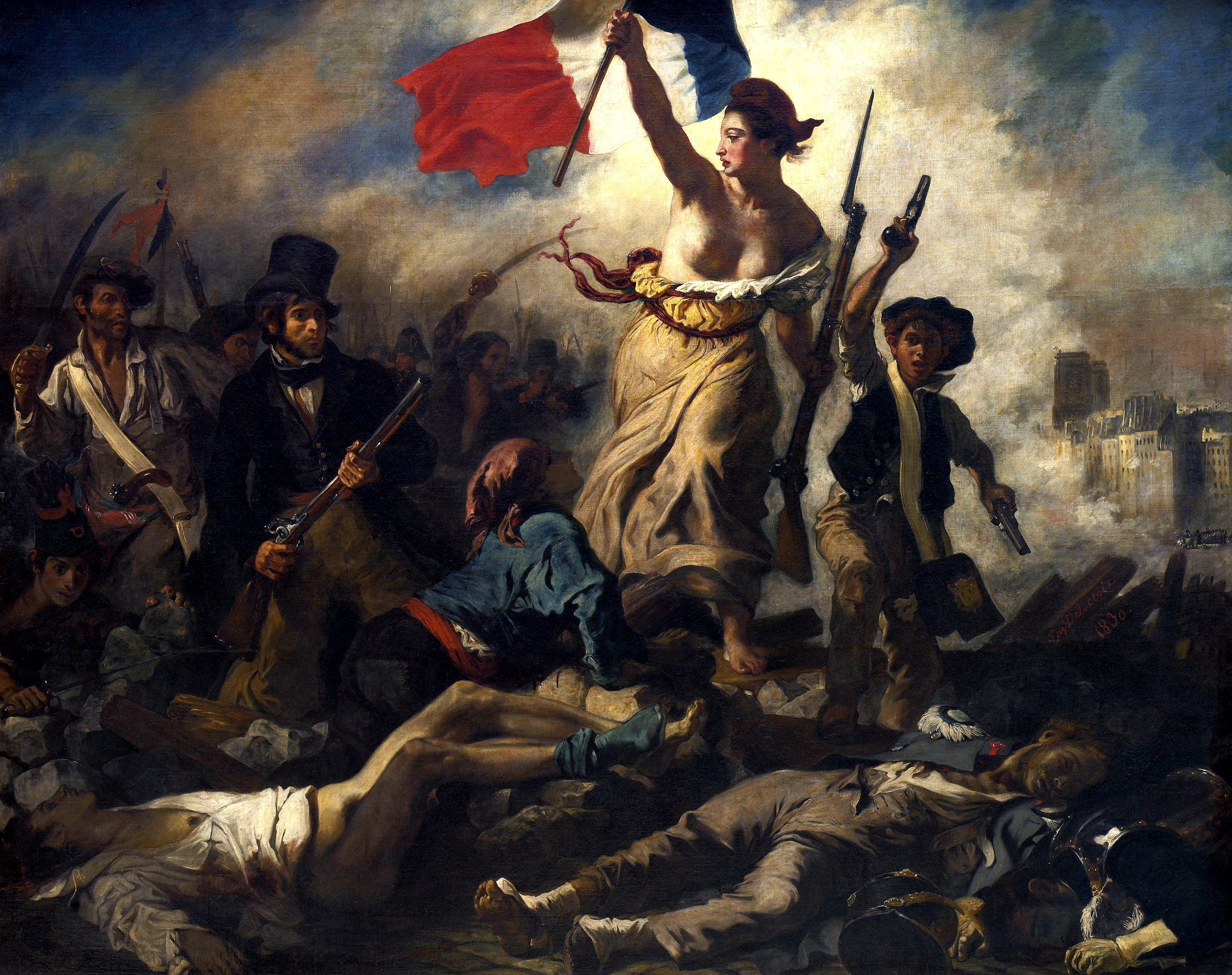
The study of revolutionary events, and besides that the study of the movements that aspire to create them, is one area of historical study that is very relevant and very popular within the radical left, and as I would argue crucial in the determination of key issues such as the character of the revolutionary organization and basically any questions surrounding the issues of tactics and strategy of class struggle. Nevertheless, when viewing dominant interpretations of historical events and movements through the eyes of various current radical leftist movements and scholars, there seems to be a significant number of problems associated with their study of history. In this article I hope to sketch and criticize some of the most dominant and crucial mistakes made throughout the radical left in the study of revolutionary movements and history, which in turn have dire implications for the positions these groups adhere to and base their actions on.
One of the most common and most basic problems associated with radical leftist historiography is an excessive reliance on voluntarism when detailing the history of revolutions and revolutionary movements.
It might seem counter-intuitive that the radical left and particularly the Marxist left, a group that is often accused of determinism and underestimating human agency, is quite strongly voluntarist on the subject of revolution and revolutionary movements. Nevertheless, the main template that the radical left employs to analyse pretty much every revolution with a socialist character goes something along these lines: capitalism, or any other exploitative mode of production, creates bad living conditions which constitutes the potential for revolution after which political groups shape the entire revolutionary process. Specifics depend according to the case in question, but wherever you turn the radical left interprets revolutions and how they evolved almost solely based upon the political groups involved in the revolutionary process. Revolution A failed you say? Well opposing political groups X and Y are to blame for that! Revolution B succeeded? Yes, thanks to the heroic actions of the political organization that we claim allegiance to! And in the few cases where something else than the actions of political groups is called up as strongly determining the outcome of a revolutions it sounds more as an excuse rather than as a genuine methodological break, the most obvious example being the Trotskyist interpretation of the October Revolution. This is primarily illustrated by the Trotskyists’ approach to other revolutions by revolutionary groups they do not swear allegiance to; for example the case of the anarchist CNT-FAI during the Spanish Civil War or the Chinese Communist Party during the Chinese revolution, the objective conditions being strangely missing from the Trotskyist narrative on them and any outcomes being — again — entirely brought back to the actions of of the revolutionary groups in question.
The study of revolutionary movements mostly focuses on the political tendencies involved within the movement (and particularly how “correct” the political tendency the group in question identifies with is) and the “betrayals” of other opposing political tendencies. The most useful sections of these studies usually are the actual practical experiences and tactics some of these movements experimented with, which might be applicable to the current situation (unless of course these tactics were pioneered by a political tendency that is opposed by the political tendency of the people doing the research, in which case they are often regarded as utterly useless).
Related to this, but not entirely the same, is the tendency to classify certain movements not by their actual structure, forms, and ways of struggle, but by the specific, formal ideology they adopt to describe themselves. As such, a movement with perfectly socialist content could easily describe itself in nationalist terms, as movements often adopt certain ideologies that have a base in the collective memories of the participants without necessarily accepting all of the implications this ideology presents. Nevertheless, it is common practice to dismiss and criticize movements solely based upon certain ideological shortcomings, instead of focusing upon the actual practices these groups employ; which, of course, is a natural continuation of the focus upon voluntarism employed by the radical left in its analysis of revolutions, because if revolutions are shaped by the ideological attitudes and the adoption of the “correct” programme by the political groups involved in the process instead of by the concrete practices of the groups involved and the specific conditions and circumstances these groups need to act within, then off course ideological deviations can be deadly for a potential revolution.
This is not to say that the ideology a certain group adopts is irrelevant, as it is often provides somewhat of an image for the actual practices of the group. But nevertheless the practice of equating a group with its ideology is highly reductionist, and it often serves as little more than an excuse for dismissing ongoing struggles (although there is something to be said about the reverse process where there occurs a fetishization of a type of ideology that is seriously lacking simply because it is associated with a movement and because it sounds new).
This critique, then, naturally suggests an approach towards the study of revolutions and revolutionary movements that puts more emphasis upon the actual objective conditions that revolutions and movements occur within and the actual practices the actors within these events utilise compared to their ideological identification. In a future post I will then try to elaborate upon these points with a concrete study of historical events.











2 Responses to Some notes on the historiography of revolutions and revolutionary events